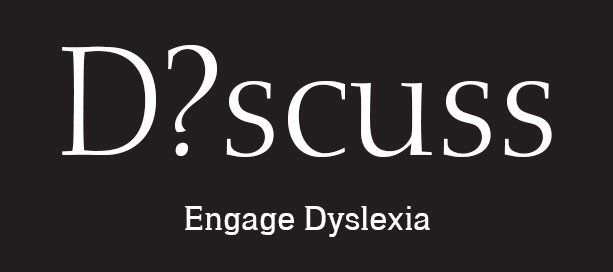Coach it up!
"Really, coaching is simplicity. It's getting players to play better than they think that they can."
-Tom Landry
A question that we often get from parents is ‘How were you successful in a public school?’. The challenges of a dyslexic student getting the right kind of help in a public school are not easy and there are a number of things that make up the answer. But a very, very important part of the answer is getting the right people to help. We usually called them tutors but it was most successful when they acted as coaches. Most of the coaching was not about the content of courses but rather a motivation, project planning, and approach
We’re not talking about athletics here but the analogy fits. As we look back on the coaches that we used during Paul’s school years, the best ones shared many characteristics with the best athletic coaches. They understood the importance of the phrase that we use all the time ‘what works for you’. Rather than applying the same formula that worked with another student, the best coaches were flexible and adaptive. They listened and understood each student’s strengths and weaknesses and adapted their approach accordingly.
They also provided motivation. One of the important roles of coaches is to push us beyond what we think we are capable of. Good coaches are tough but fair. They continually challenge us to improve and stretch to live up to our potential. They are able to keep their own egos out of the way and focus on what needs to be done to reach agreed to goals. As the legendary basketball coach John Wooden said: “A coach is someone who can give correction without resentment”.
I have had several parents say to me ‘I can coach my child. I know my child better than anyone. I can give my child what’s needed for success’. Based on my experience, that is simply not true. An important part of coaching is building a learning environment that is emotionally safe. Because of your role as a parent, it is difficult to do all that needs to be done to make your child successful. The coaching relationship is a love/hate relationship. There are so many times when an outside coach can challenge and motivate in ways that a parent just cannot. I can think of many times when Paul was angry at the challenges from his coach and needed a sympathetic ear. That is an important role that parents can play.
Where do good coaches come from? This is where your parent role as advocate for your child is so important. It is a matter of observing as your child goes through their education experience and identifying coaches that work and those that don’t. In Paul’s experience, his fourth grade teacher Mrs A had a great relationship with him and was great at getting the most out of Paul. We used her as a coach throughout his elementary and high school career. We would make sure that his high school teachers were introduced to Mrs A and give them her contact information to allow them to contact her to bring up issues about work in the classroom or major projects. Mrs A would then work with Paul on them during their weekly work sessions.
There were also coaches that were assigned at school to work with Paul. This is another important area for the parent/advocate. There were situations where these relationships worked great and we intervened to have Paul continue working with a coach when they attempted to reassign him. Likewise, we intervened on a couple of occasions when the relationship was not working. The question was not a competence issue but a personality incompatibility. At least for us, it was easy to tell when it was working and when it wasn’t. Getting the school to make the changes is another matter that we’ll discuss in a later blog post.
When Paul and I think back on his education experience, we agree on the important role that his coaches played. As a parent, these choices are some of the most important ones that you will make.
